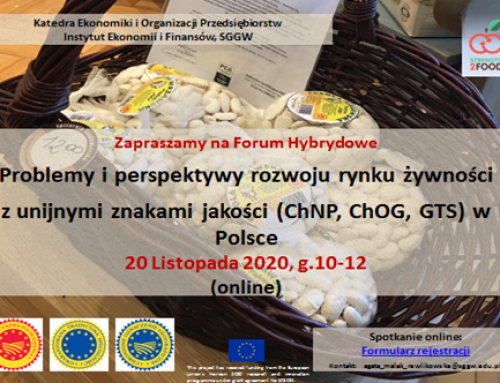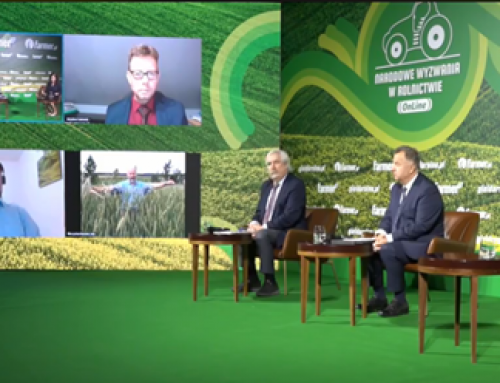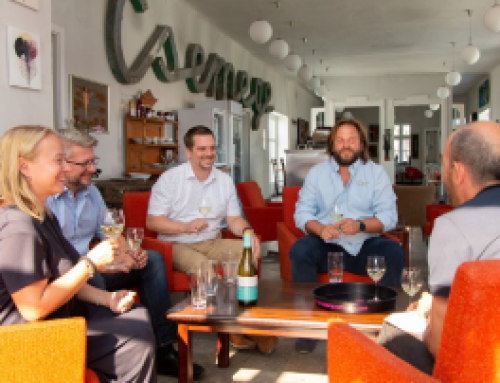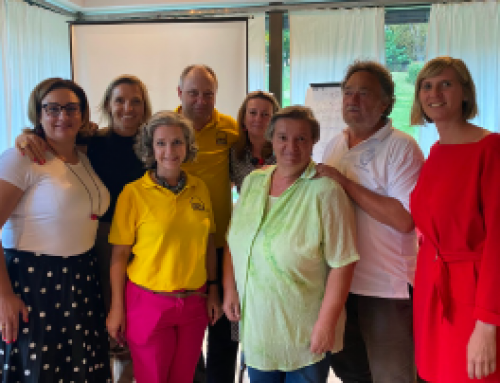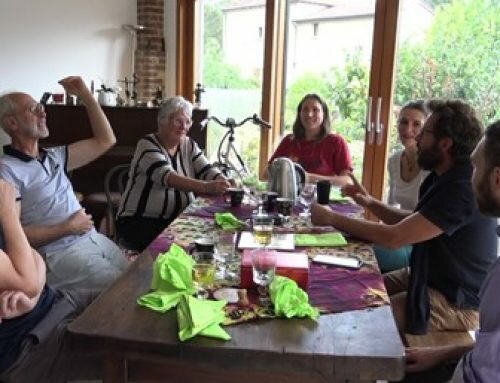Strength2Food held its first hybrid forum in Serbia on Monday, November 27 to discuss how to improve the quality of children’s meals in primary schools. The event was held in Serbia’s Petnica Science Centre, an independently-funded organisation providing research opportunities for primary and secondary school children from both Serbia and the rest of Europe. The centre is located 90 km south-west of Belgrade near the town of Valjevo, which meant transport by minibus for many of the partners.
Part I consisted of an expert panel, with expertise ranging from school directors, Ministry of Education representatives, as well as experts in child health, public sector procurement, agricultural advisory services and a grower organisation. Another contributor brought along a crate of food, which represented the people at the sharp end of school meals, the cooks. The eight expert contributors had a productive round-table discussion covering all possible aspects of the chain on food production and child health, where they identified suggestions for the future.
During the break, several participants brought samples of their own food products to display, including vegetables, pickled cabbage, honey, cream, cheeses, pastries and other Serbian specialities. A few more food displays were expected, but the first winter snows on the surrounding hills prevented them getting to the event.
Part II then began, which consisted of a general discussion for all stakeholders. It allowed new points of view from several other primary school directors, the director and main cooking teacher from a local secondary school, as well as Valjevo health clinic representatives who deal with issues of obesity and diabetes. In order to improve awareness of the benefits of nutritious school meals and healthy eating habits, all agreed that a key target for future activities should be children’s parents. As Procurement Law is a constant concern of the school representatives, the topic was also discussed.
With all the participants arriving on the bus from Belgrade, there were around 30 participants present for both part I (the expert panel discussion) and part II (general discussion). The first hybrid forum was a success, and the findings from the event will be used to plan the focus for the next one.



